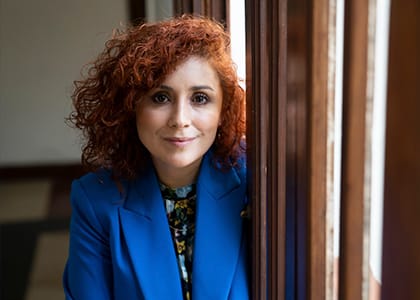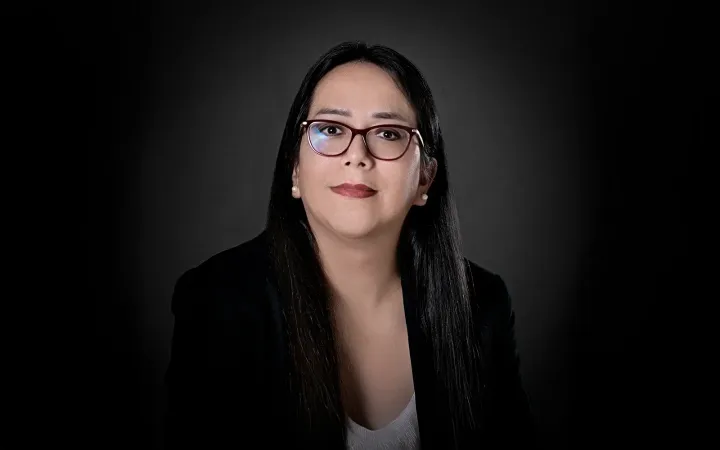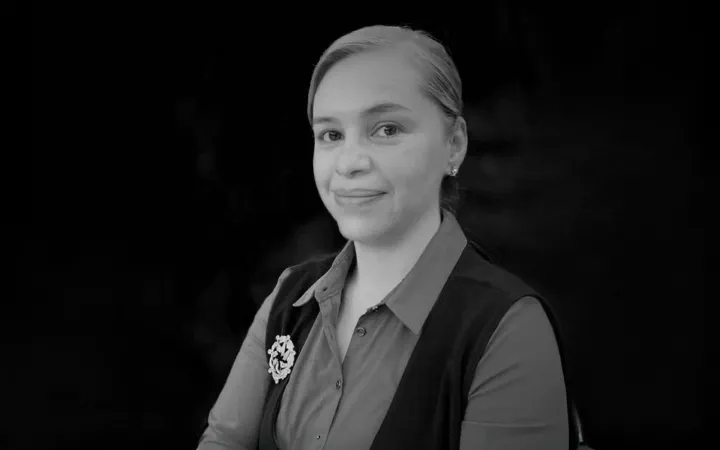
Por Mafer Olvera

La salud mental de las y los jóvenes en México se ha convertido en un tema de vital importancia, reflejando una crisis que afecta no solo a la juventud, sino a la sociedad en su conjunto. Según la Secretaría de Salud, 15 millones de personas en México viven con algún trastorno de salud mental diagnosticado, que incluyen depresión, ansiedad, bipolaridad, déficit de atención con o sin hiperactividad, y esquizofrenia. De este universo 2.5 millones son jóvenes, que en su mayoría han sido diagnosticados con depresión, según el Departamento de Psiquiatría y Salud Mental de la Facultad de Medicina de la UNAM.
Esta cifra a pesar de ser tan alta no refleja la realidad ya que millones de personas de todas edades no han sido diagnosticadas y probablemente nunca lo serán.
Ser diagnosticado con un trastorno mental o psicoemocional en nuestro país tampoco garantiza recibir un tratamiento adecuado, oportuno y gratuito. De todas las personas que sufren o intentan sobrevivir todos los días con todo y su condición mental o emocional, solo una fracción recibe la atención que necesita. Esto es especialmente preocupante entre jóvenes, tan expuestos a todo y en una etapa crítica de desarrollo, sobre todo en el mundo de hoy.
En 2023, la inversión en salud mental, del presupuesto total en salud pública fue del 1.3%. Aun cuando las recomendaciones internacionales sugieren que la inversión mínima en salud mental de los gobiernos debería ser 5% de su presupuesto de salud, en México la tendencia es a la baja desde 2016 y cada año se reduce más. ¿Qué pensarán los gobiernos que, en lugar de asumir su corresponsabilidad, ignoran el tema de salud mental? ¿Será que piensan que la depresión, la ansiedad o las adicciones son problemas que competen solamente a familiares, haya o no haya recursos?
Un Incremento Alarmante en los Trastornos de Ansiedad
La ansiedad, otro trastorno mental común, ha mostrado un incremento alarmante. Según la Encuesta Nacional de Epidemiología Psiquiátrica, los trastornos de ansiedad entre adolescentes y jóvenes han aumentado un 75% en los últimos años. Dado que en México hay aproximadamente 37 millones de jóvenes, esto implica que casi 28 millones podrían estar viviendo con algún grado de ansiedad, lo cual vulnera severamente su calidad de desarrollo y toma de decisiones. La ansiedad es precursora de la depresión y en muchos casos de hábitos y comportamientos nocivos.
El suicidio, segunda causa de muerte entre los jóvenes mexicanos es un indicador trágico de la magnitud de la crisis de salud mental que tenemos. Además, el consumo de sustancias, tanto alcohol como drogas, está en aumento. Según la Encuesta Nacional de Consumo de Drogas, Alcohol y Tabaco (ENCODAT) 2016-2017, el 35.9% de los adolescentes de 12 a 17 años ha consumido alcohol al menos una vez en su vida, y el 8.6% ha consumido alguna droga ilegal. Entre los jóvenes de 18 a 25 años, estos porcentajes aumentan significativamente.
La Oportunidad de Prevenir y Tratar
Los trastornos diagnosticados en adultos comienzan en promedio a los 14 años. Según la OMS, los principales motivos de incapacidad y enfermedad en jóvenes son la depresión, la ansiedad y las muertes por suicidio. No hay duda de que la salud mental es uno de los mayores retos presentes y futuros de las sociedades actuales. En jóvenes, este reto también es una oportunidad para prevenir, diagnosticar y tratar de manera oportuna. ¿Qué tipo de adultos tendremos?
Resulta crucial y urgente que se desarrollen programas de intervención temprana y que se destinen recursos suficientes para la atención de la salud mental y emocional juvenil. Solo así se podrá lograr una verdadera prevención de conductas de riesgo que impacte no solo en lo individual y familiar, también el desarrollo económico, social y del capital más importante de un país que sin duda son sus jóvenes.
Los hábitos, comportamientos, traumas y/oportunidades que el mundo les aporte a sus jóvenes determinarán en gran medida el tipo de adultos que serán mañana.
La salud mental juvenil está en crisis, ignorada, pero crisis. Y para actuar es inminente que las políticas públicas la aborden de manera integral, con perspectiva de juventud y con un enfoque que incluya educación, prevención, diagnóstico temprano y tratamiento oportuno. La implementación de programas de salud mental en escuelas, la capacitación de docentes para identificar signos de trastornos mentales y la creación de espacios seguros para la discusión y el apoyo emocional son pasos esenciales. Como ya lo he dicho en este espacio, necesitamos Hospitales de las Emociones y/o Clínicas de las Emociones en el mayor número de municipios posibles. Porque para quienes piensen que esto es un tema menor, les invito a consultar las cifras de homicidios juveniles, violencias, deserción escolar, embarazos adolescentes, adicciones, delitos o suicidios.
Prevenir e identificar oportunamente no solo repara vidas, también las salva.
Mafer Olvera es especialista en políticas públicas de juventud. Fue directora del Instituto de la Juventud de la CDMX, 2012-2018. Creadora del Modelo Hospital de las Emociones. Premios ONU, 2017 y CHIUKU MTV Latinoamérica, 2016. Ponente en el Foro de Alto Nivel ONU, NY, 2016 y 2017. Defensora del derecho al bienestar y la salud mental.
Las opiniones expresadas son responsabilidad de sus autoras y son absolutamente independientes a la postura y línea editorial de Opinión 51.






Comments ()